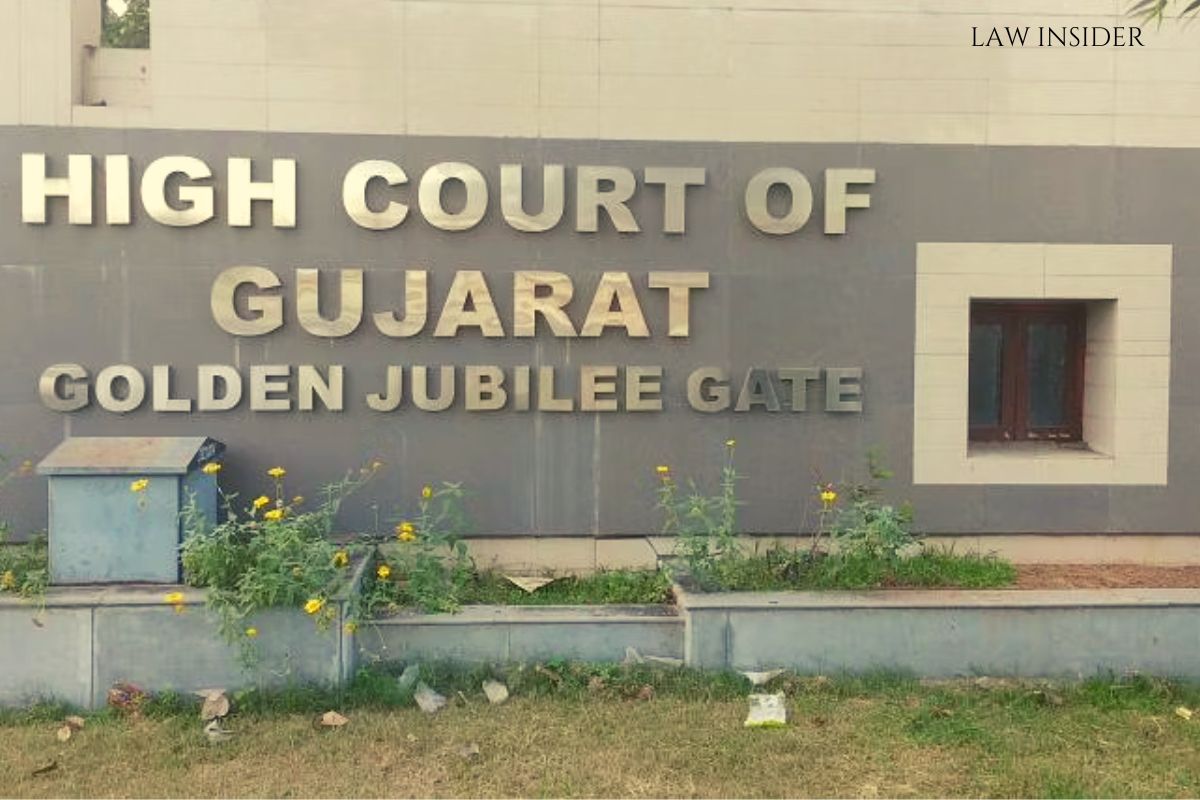LI Network
Published on: February 17, 2024 at 21:27 IST
The Gujarat High Court, through its Chief Justice Sunita Agarwal, has approved a Section 11 application under the Arbitration and Conciliation Act, seeking the appointment of an arbitrator.
The Court dismissed the Respondent’s argument that the dispute had lost its arbitrability due to the issuance of a ‘No Claim Certificate’ by the Petitioner, deeming it as a ‘stale’ matter.
The court clarified that its assessment was preliminary and as a general rule of law, emphasizing that the final decision on arbitrability falls within the jurisdiction of the arbitrator.
Background:
Poll Cont Associates (“Petitioner”) and Narmada Clean Tech Ltd. (“Respondent”) had a contractual agreement containing an arbitration clause. Disputes arose, and the Petitioner notified the Respondent of the relevant claim.
Despite the Respondent’s denial, a Section 8 application under the Arbitration and Conciliation Act, 1996 was accepted, leading to the dispute being referred to arbitration. Subsequently, the Petitioner sought the Respondent’s consent for the arbitrator’s appointment from a suggested list.
The Respondent contested, citing the issuance of a ‘No Claim Certificate’ by the Petitioner and acceptance of the contractually stipulated amount. The Respondent argued that the claims were time-barred, making the dispute non-arbitrable at this stage. Dissatisfied, the Petitioner filed a Section 11 application in the Gujarat High Court, seeking an arbitrator’s appointment.
Observations by the High Court:
The High Court dismissed the Respondent’s assertion that the dispute had become ‘stale,’ relying on the ‘Eye of the Needle’ principle established by the Supreme Court in NTPC Limited vs. SPML Infra Limited.
This principle limits the court’s role under Section 11(6) of the Arbitration Act to two inquiries: the existence of an arbitration agreement and the arbitrability of the dispute.
The Court clarified that arbitrability, as a general rule, is the arbitrator’s jurisdiction. However, the referral court can reject claims that are evidently non-arbitrable.
Consequently, the High Court focused on determining the existence of an arbitration agreement and privity of contract between the parties. Regarding the arbitrability of the dispute, it asserted that the arbitral tribunal is best suited to decide.
The Court emphasized the rule to refer the dispute to arbitration even with the slightest doubt.
In line with this legal stance, the High Court concluded that the issuance of a ‘No Claim Certificate’ did not automatically render the dispute ‘stale’ or non-arbitrable.
It noted that the Petitioner filed the Section 11(6) petition after the Commercial Suit dismissal and the Respondent’s refusal to honor the notice under Section 21 of the Arbitration Act.
As a result, the petition was granted, appointing Mr. Ashutosh J. Shastri as the sole arbitrator to resolve the disputes between the parties in accordance with the Arbitration Centre (Domestic and International), High Court of Gujarat Rules, 2021.
Case Title: Poll Cont Associates vs Narmada Clean Tech Ltd.

